Recently, Burton has experienced a little bit of a career resurgence, thanks to trying something new while also returning to an old friend. The sequel Beetlejuice Beetlejuice was a box office success, generating largely positive reviews and racking up $451 million on a budget of $100 million. Meanwhile, the series Wednesday has been a legit hit for Netflix, with Wednesday season 2 on the way. Still, nothing has reached the heights of his greatest financial success so far.
Alice In Wonderland Is Still Tim Burton's Biggest Box Office Success
It's Not Even Close
While some of Burton's movies have been considered genuine successes at the box office, none have come close to touching his 2010 adaptation of Alice in Wonderland, Burton's biggest hit ever. Starring Mia Wasikowska as Alice, Johnny Depp as the Mad Hatter, Helena Bonham Carter as the Red Queen, and Anne Hathaway as the White Queen, the movie was a juggernaut upon its release. It earned $1.025 billion at the box office, and though its budget was a hefty $200 million, that's still a huge success by any metric. To date, his second-most successful movie, 2005's Charlie and the Chocolate Factory, didn't even make half as much at $475 million.
Related
A Tim Burton success completely changed the way Disney conducts business after 2010, but it has become a major problem that's put the studio in a rut.
While Alice in Wonderland's critical ratings on Rotten Tomatoes were rotten, it captured something in the zeitgeist at the time. Despite his spotty track record, the prospect of seeing Tim Burton attached to a big Disney live-action remake drew in curious audiences. Disney's all-out blitz of a marketing campaign also intrigued new audiences and those drawn in by the nostalgia of the Lewis Carroll classic. Without Burton's direction, the 2016 sequel Alice Through the Looking Glass bombed, making just under $300 million at the box office. Even so, Burton's Alice in Wonderland hasn't made much of a cultural impact and can't compare to a 1999 version that did it even better.
NBC's 1999 Version Of Alice In Wonderland Explained
The Cast Was Incredible
Eleven years before Burton's big-screen adaptation of Alice in Wonderland, NBC did a made-for-TV version that was fantastic. It was made for $21 million, an enormous amount of money for a TV movie at the time, and almost $40 million today. Remember, this was before the era of peak TV and HBO launching the run of prestige TV shows costing anywhere from $10-20 million an episode. For 1999, it was a huge event.
The price point went to production design and the sets, but more than a bit of it likely went to the talent, as well. Directed by Nick Willing, the cast was absolutely stacked with talent, from A-list actors to veteran character actors. Their talent elevated the made-for-TV movie, a phrase normally reserved for low-budget, cheesy movies.
Alice in Wonderland Actor
Character
|
Tina Majorino
|
Alice
|
|
Whoopi Goldberg
|
Cheshire Cat
|
|
Robbie Coltrane
|
Ned Tweedledum
|
|
George Wendt
|
Fred Tweedledee
|
|
Ben Kingsley
|
Major Caterpillar
|
|
Christopher Lloyd
|
White Knight
|
|
Miranda Richardson
|
Queen of Hearts
|
|
Martin Short
|
Mad Hatter
|
|
Gene Wilder
|
Mock Turtle
|
|
Jason Flemyng
|
Sir Jack, Knave of Hearts
|
|
Simon Russell Beale
|
King Cedric of Hearts
|
|
Ken Dodd
|
Mr. Mouse
|
|
Peter Ustinov
|
Walrus
|
|
Liz Smith
|
Miss Lory
|
|
Elizabeth Spriggs
|
Duchess
|
The star-studded cast tackled a story that made some considerable changes to Lewis Carroll's original version of Alice in Wonderland, while also incorporating parts of Through the Looking Glass. It told the reimagined tale through the combination of live-action and puppetry, courtesy of Jim Henson's Creature Shop. Rather than Alice falling asleep and having a dream, the dream is a stress-induced one caused by her performance anxiety, wisely adding an actual character arc for the protagonist.
25 Years On, NBC's Alice In Wonderland Has Aged Better Than Burton's
Burton's Was Too Dark, Both Visually And Tonally
Despite its considerable changes to the story, NBC's Alice in Wonderland TV movie has aged better than Tim Burton's 2010 version, even with its very dated CGI of the era. While Burton's Alice in Wonderland is visually stunning at times, it's unmistakably still a Tim Burton movie: whimsical, but strongly Gothic in its aesthetic, with his Wonderland not bright, but decayed and crumbling. By contrast, NBC's version feels far more authentically Lewis Carroll, keeping the author's absurd whimsy but without Burton's darkness. Likewise, the set and character design align much more closely with John Tenniel's original illustrations than Burton's trademark visuals, despite the story deviating more.
NBC's version feels far more authentically Lewis Carroll, keeping the author's absurd whimsy but without Burton's darkness.
NBC's version is also less dark, tonally. Alice in Burton's version is little more than a one-note adventure character, without the development of the Alice of the 1999 version. But Burton's movie deals with some pretty heavy themes, from depression to the subplot of Alice's cruel mother intending to marry her off to an odious man. His Alice, now a grown woman, is cowed and cowardly at first, rather than simply a little girl trying to find her way. NBC's version still holds onto the whimsy of a little girl in a fantasy world. It may have been his biggest hit, but Tim Burton should have watched the 1999 version before taking a swing at Alice in Wonderland.
-
Alice in Wonderland
Alice in Wonderland (1999): In this adaptation, young Alice ventures into a whimsical Wonderland after following a white rabbit. Encountering characters like the Cheshire Cat and Queen of Hearts, Alice navigates a world of curious transformations while seeking a way to return home.
-
Alice in Wonderland, directed by Tim Burton, follows 19-year-old Alice as she returns to the fantastical realm she visited in her youth. In this visually rich adaptation, she embarks on a journey to uncover her true destiny amidst a cast of eccentric and memorable characters.

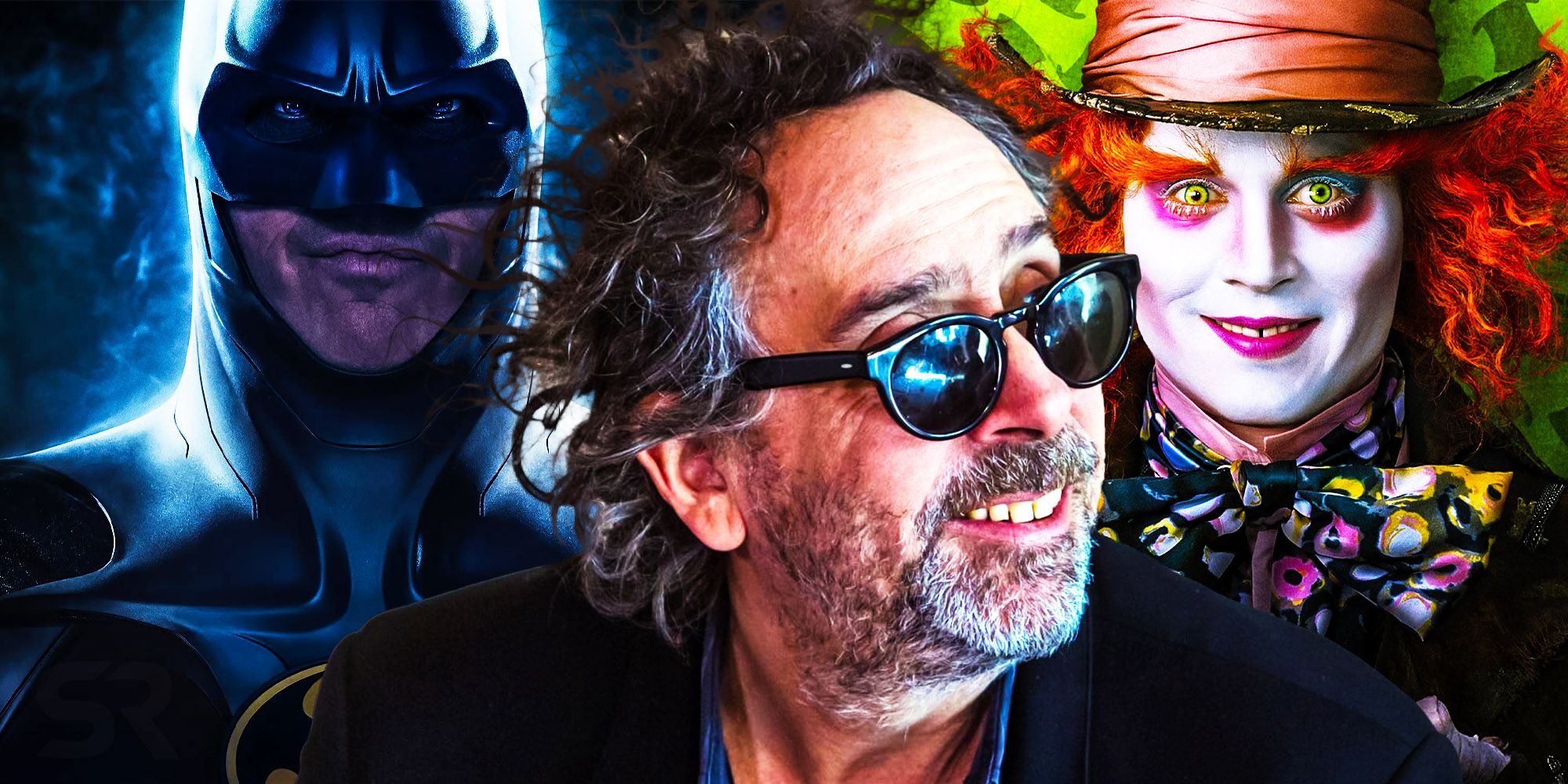

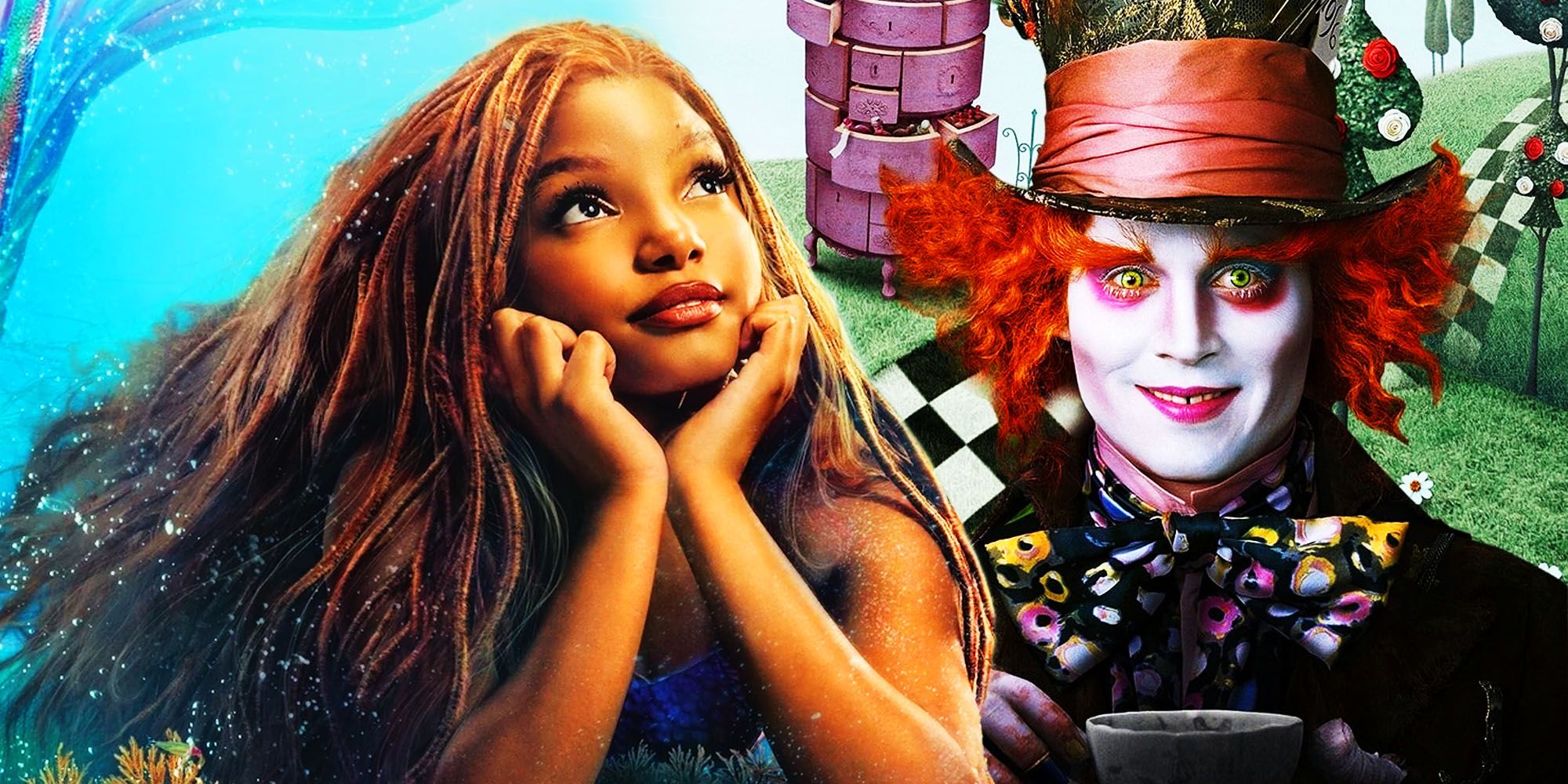
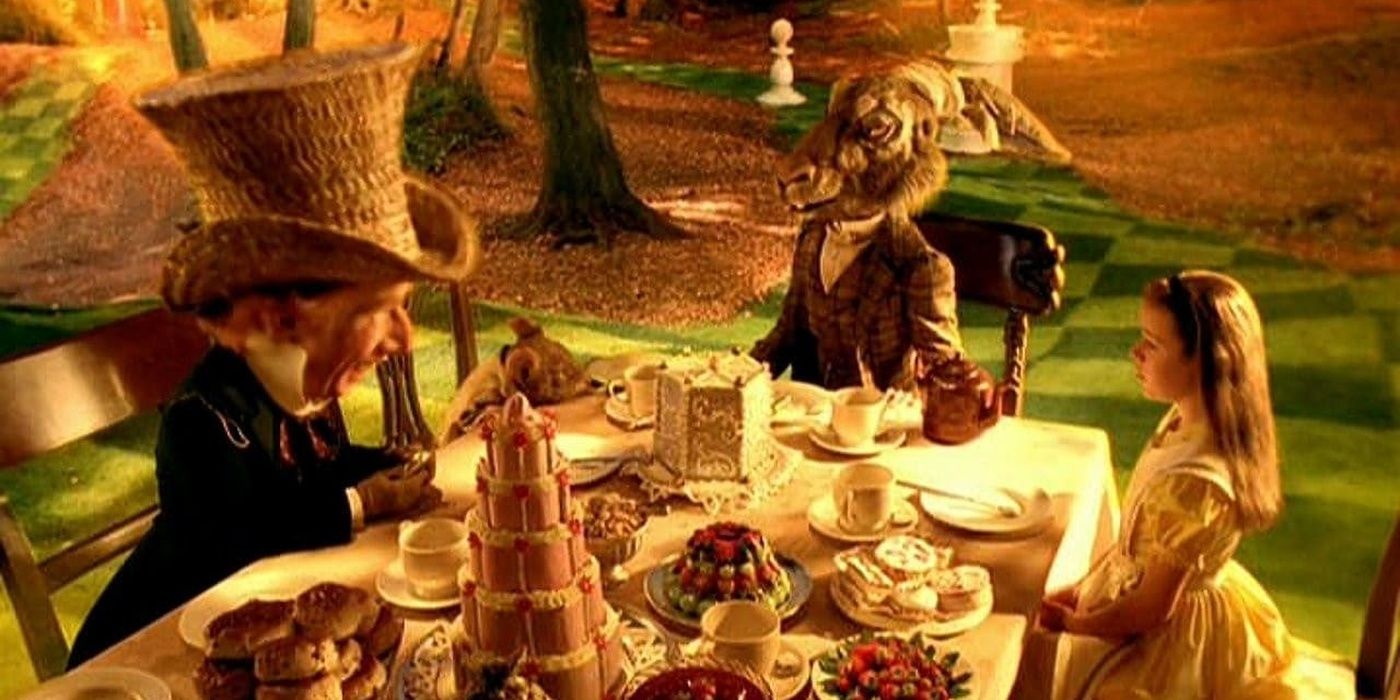
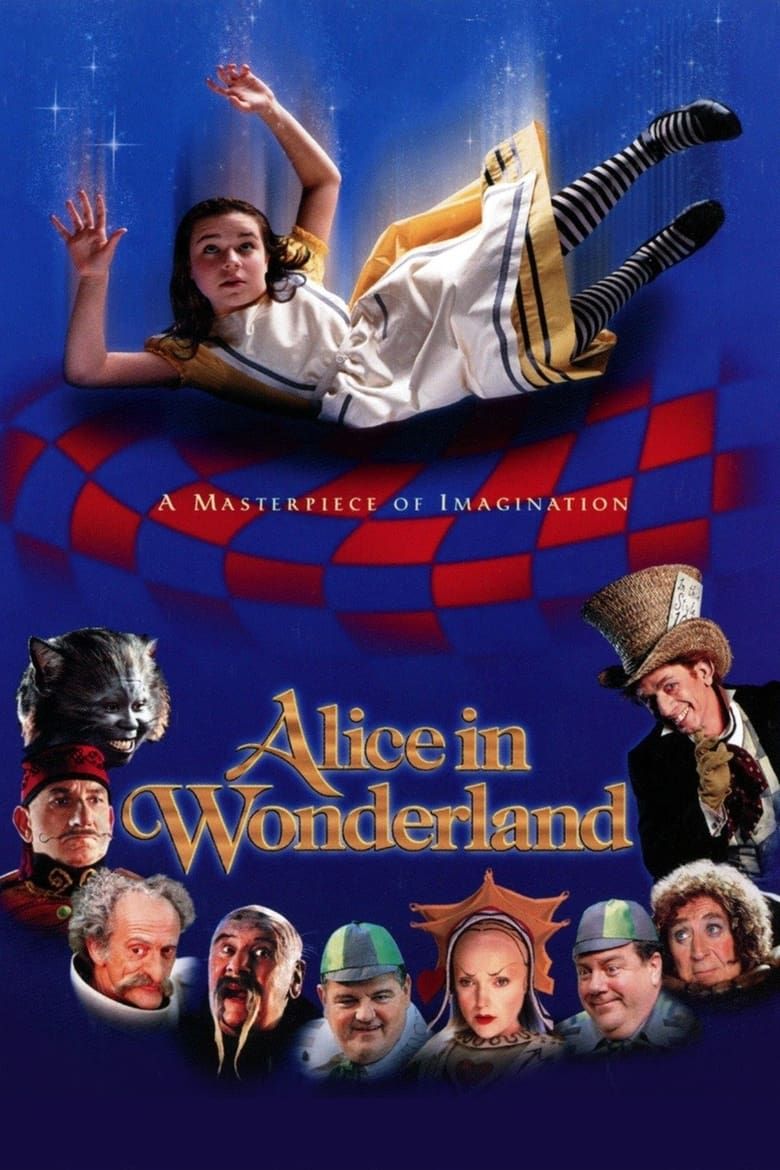
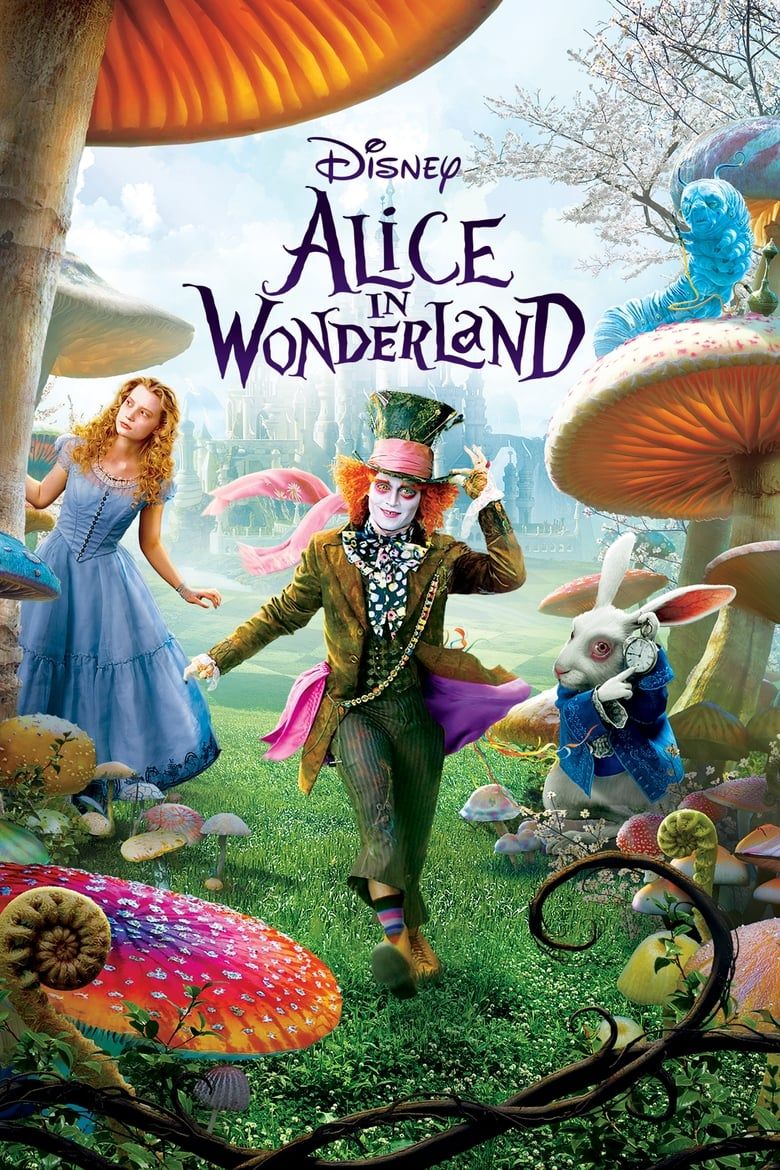
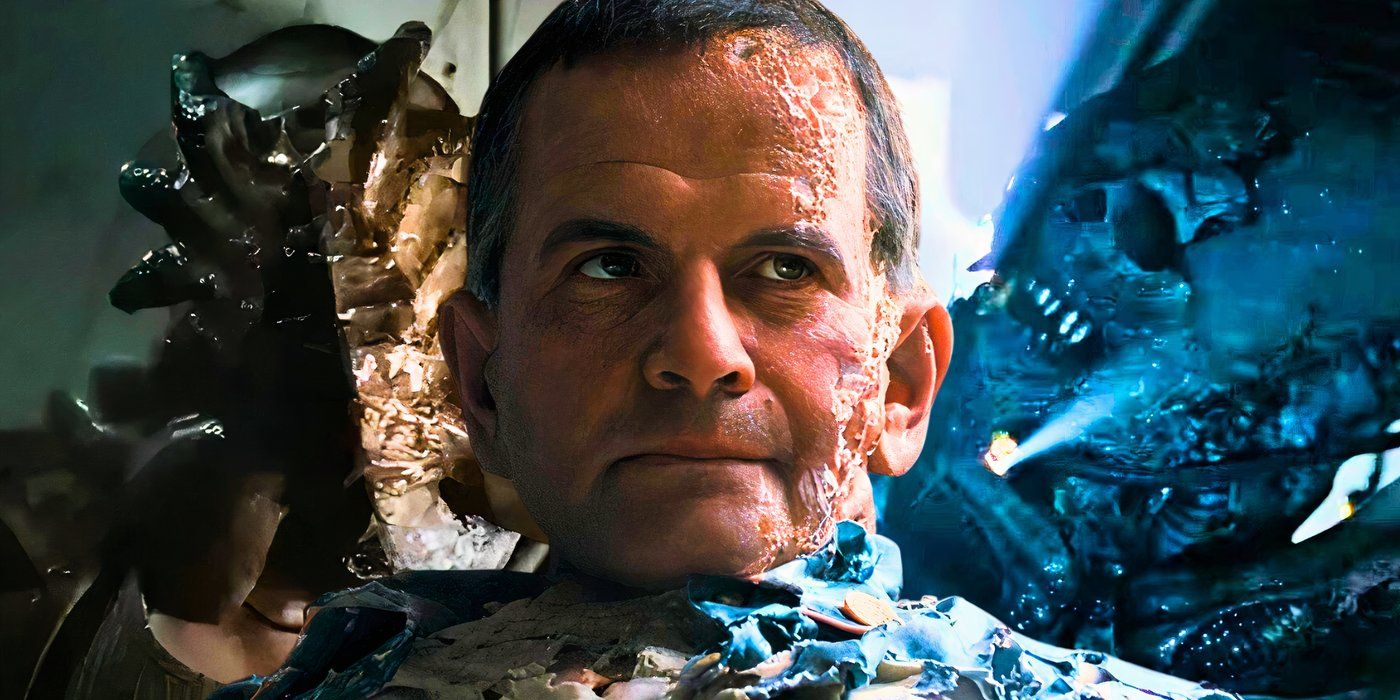
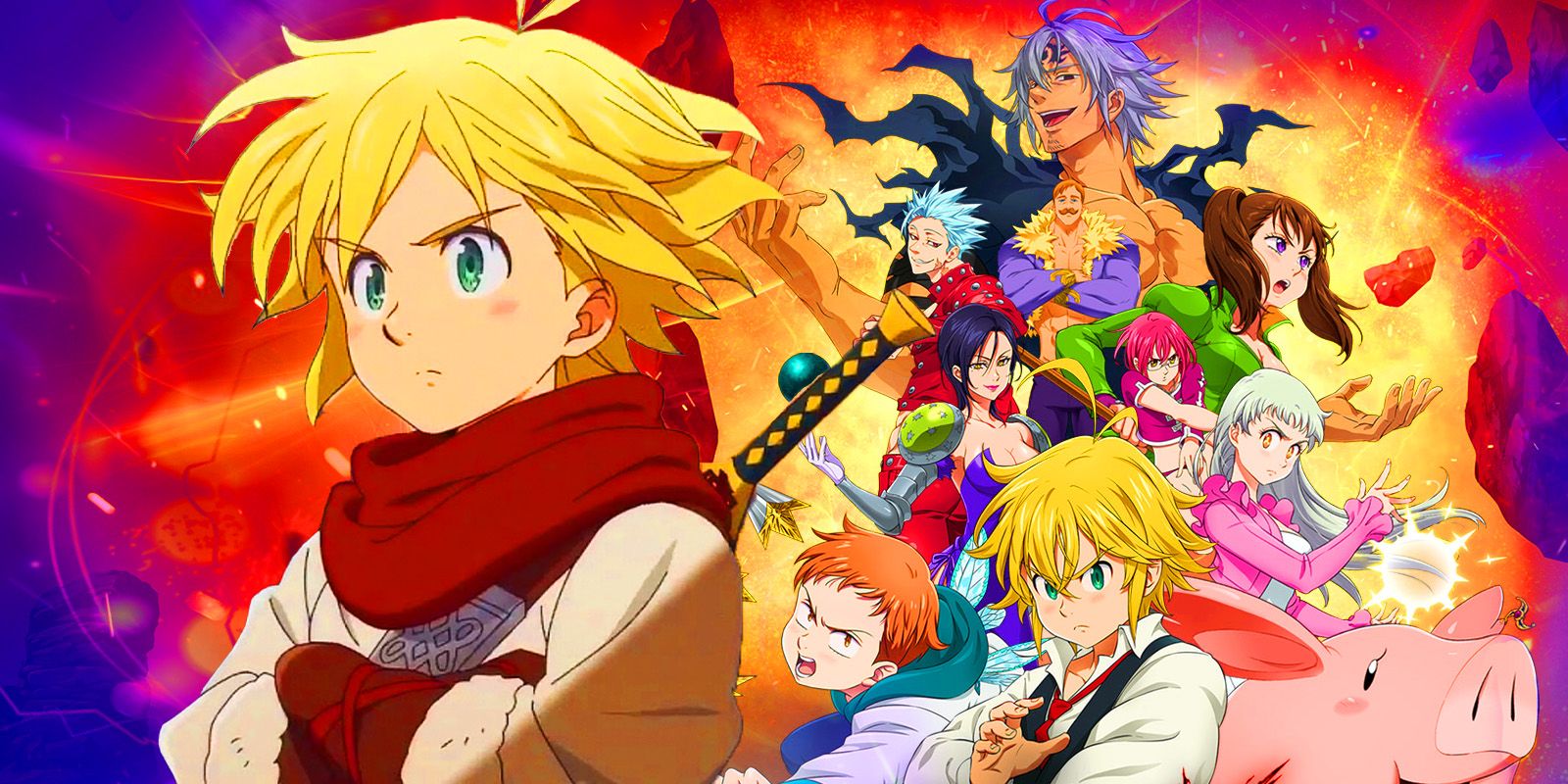
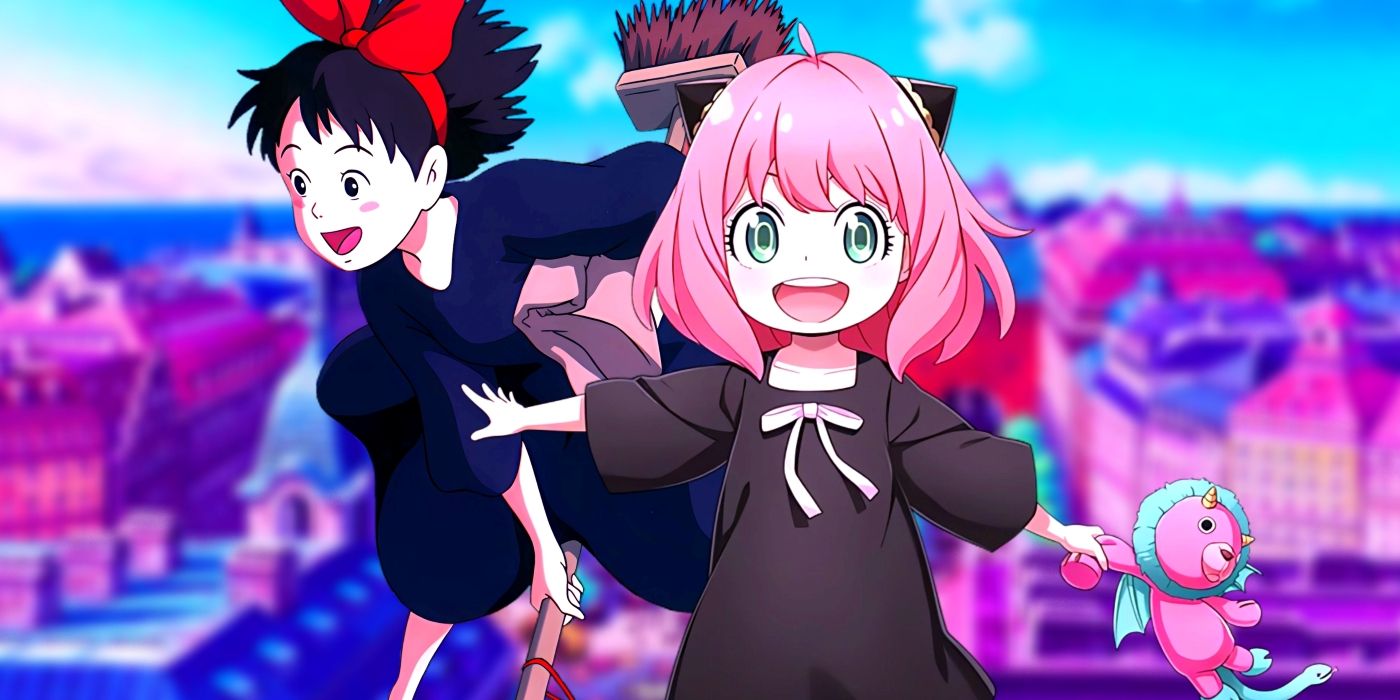





 English (US) ·
English (US) ·